As soon as the MiCA (Markets in Crypto Assets) regulation comes into force, we will see a huge advance in everything related to crypto - use, partnerships, collaborations, and the adoption of cryptocurrencies will grow exponentially, said Kyrilo Khomiakov, Binance's general manager for Central and Eastern Europe in an interview with stiripesurse.ro.
- "I see a promising future and very rapid growth, and Central and Eastern Europe will advance very fast. . In recent years, we have seen significant growth in the cryptocurrency market, but now we are seeing several important trends. First, there is a strong trend towards regulation. After previous cycles, authorities and regulators around the world are increasingly interested in bringing cryptocurrencies under the regulatory framework."
- How do you position yourself in relation to regulatory trends?
Over the years, Binance has been vocal about the need for effective and appropriate regulation. MiCA is a welcome and pragmatic step in the right direction on this, harmonizing requirements across the EU and creating a single market for crypto. We strongly believe that a stable regulatory environment can support innovation, protect investors and is essential to establishing trust in the industry that enables long-term growth.
Another important aspect is education. We understand that in order to be successful in the long term, we need to invest in educating our users and the public at large. This way, when the next cryptocurrency boom comes, everyone who uses cryptocurrencies will understand not only the benefits, but also the associated risks, as well as how to protect themselves online."
- Do you believe that the public is sufficiently prepared, educated, to easily access the crypto market?
"We are committed to educating our users as a top priority. That's why we developed Binance Academy, where we offer a wide range of courses, tests, and certificates to help users understand cryptocurrencies and navigate this space. Soon, we will launch "Binance School," which will offer an accessible introduction in the local language for new users, with basic information about finance, trading, risks, and online security. At the end of the course, users will receive an NFT certificate that attests to their level of education in the field of cryptocurrencies. We also collaborate with universities to offer formal education in this field. Moreover, we are supporters of regulations in this field, we work closely with specialists to protect our users and bring the so-called "gray area" of cryptocurrencies to light for everyone.
- How do you see the evolution of our region, in terms of crypto, in a continental comparison?
"Central and Eastern Europe stands out positively in the cryptocurrency market. This region has remarkable IT talent, a strong crypto community, and a significant user base. Comparing the number of people with experience in working with cryptocurrencies per capita, we see that Eastern Europe is doing much better than developed countries. This is due in part to the fact that in more developed countries, interest in cryptocurrencies is lower. Thus, we see a bright future for the region of Eastern Europe, with IT talent, growing interest in cryptocurrencies, and relatively low IT industry costs
- Is crypto a safer or riskier way to protect capital?
"First of all, crypto means better capital protection. It is a good option to save your money. Bitcoin is not inflationary, governments cannot print more banknotes or raise prices. It is the best of all other assets: gold, investments on the stock market, etc. So, first of all, it is a good investment. Secondly, cryptocurrency is completely transparent and visible. When you make transactions with cryptocurrencies, they remain on the blockchain forever. Cryptocurrency is much easier to track and more transparent than physical money. Unlike the usual banking system, every time this asset changes ownership, the data remains on the blockchain forever. In addition to investment, there is also the possibility of transferring capital at any time and the applicability with, for example, the Binance card to pay whenever you want from your crypto wallet for goods on the market.
- How does blockchain fit with the traditional financial sector in Eastern Europe?
**For now, we are talking more about competition than collaboration, because traditional banking institutions understand the value and threat that cryptocurrencies pose for them. Imagine that you want to send money to support people in a country that has been affected by a particular event. At the bank, you need to fill out a special list, there are huge fees to be paid, and then, in a week or two, you may be able to send this money. But you are not sure if the bank to which you are sending the money will accept the payment, right? And, at the end of the day, you will pay a very large fee without a quick result. But in crypto, you just press a few buttons and immediately you can donate or send the money anywhere in the world, in a few seconds, regardless of the size of the transaction. And in this case, the regulation being prepared here in Europe will really help to completely officialize cryptocurrencies, to clean up this system, and then it will be very difficult for traditional financial organizations to compete with cryptocurrencies. So, either they will push this moment off for as long as possible, or they will find a way to adapt and change.
- Will we see another boom in the crypto area?
Yes, there will definitely be new booms in the future. Although many say that each boom is different, looking back at the previous four cycles, we can see that there have been significant similarities. In other words, history shows us that this field is cyclical and that we have every reason to believe that we will see new periods of significant growth in the future.
- What plans does Binance have at the regional and local level, in Romania?
We have long-term plans and are actively collaborating with multiple organizations in Romania. For example, we are partners with the Rapid Bucharest football team and are their blockchain sponsor. We want to bring unique experiences to fans through cryptocurrencies, including the ability to purchase products and services using cryptocurrencies, NFT tickets, and other digital benefits during matches. We are also launching "Binance School" soon, in less than a month, which will bring crypto education in the local language to our users. In addition, we have invested in interesting projects from Romania and support the local economy. We also have other activities planned for the near future, and by the end of the year, we will bring more news to our community.
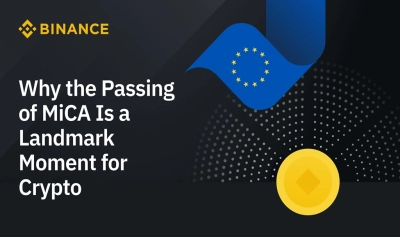

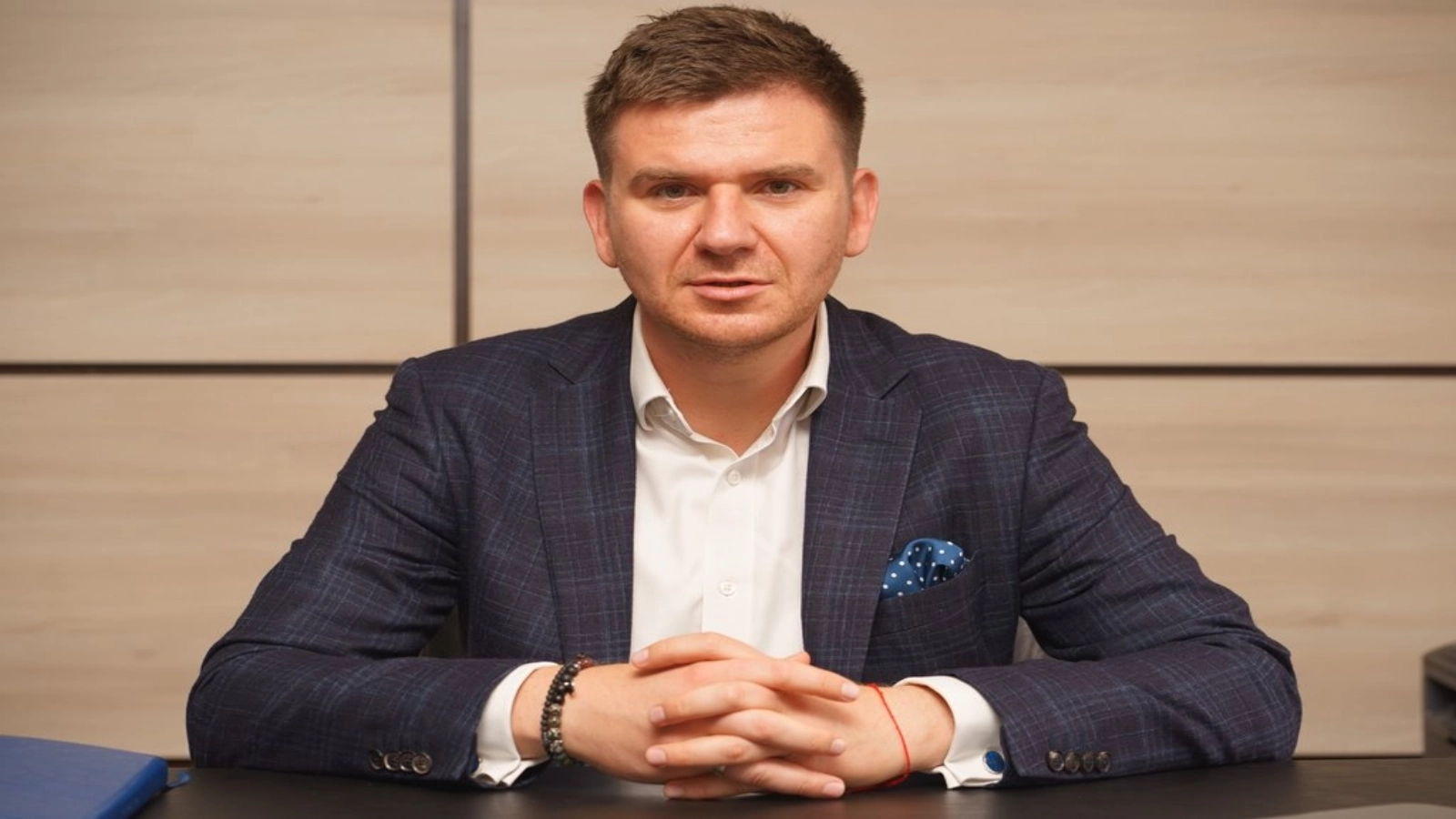



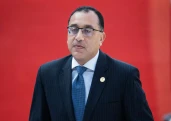







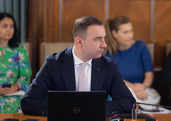



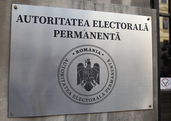


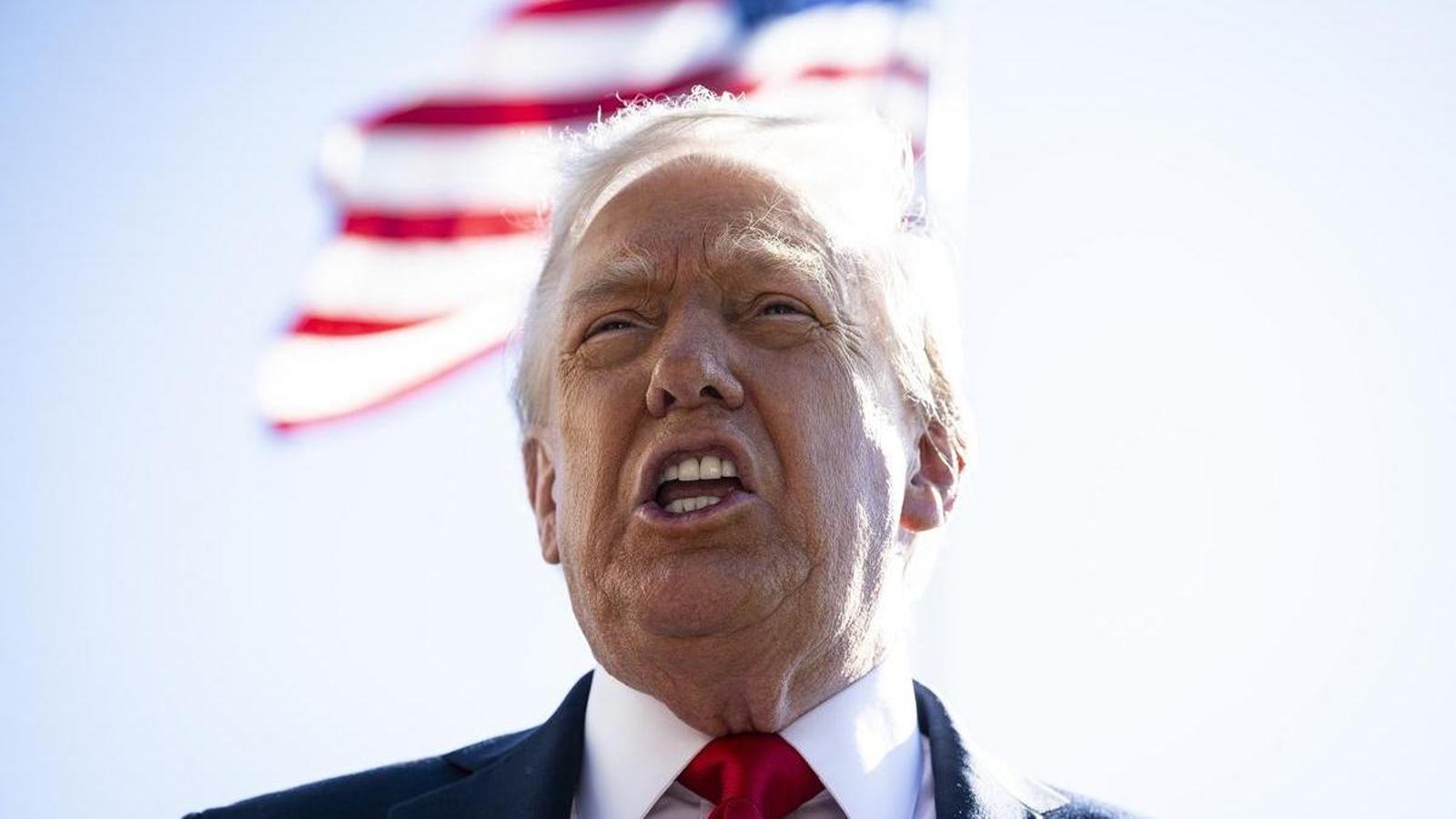
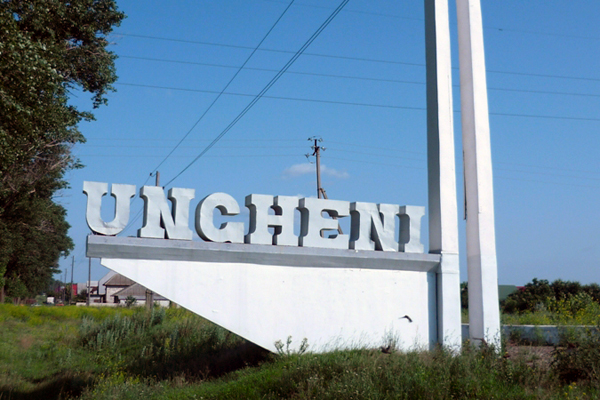

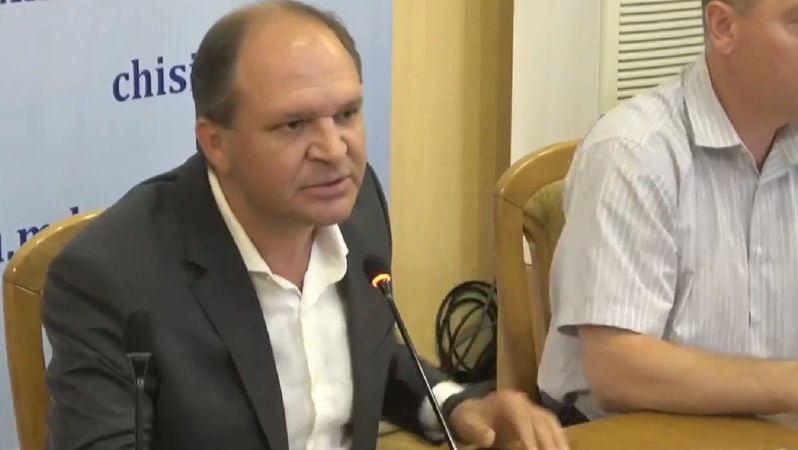





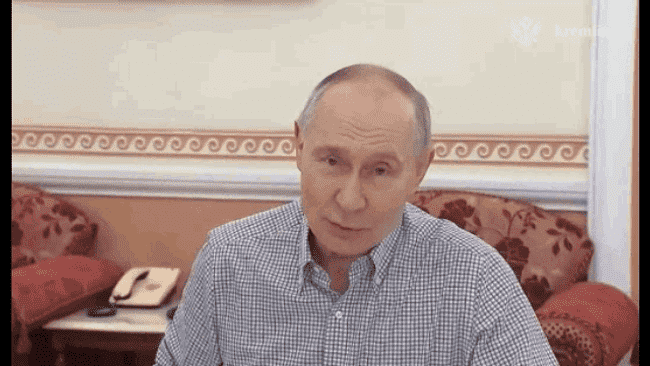


Comentează